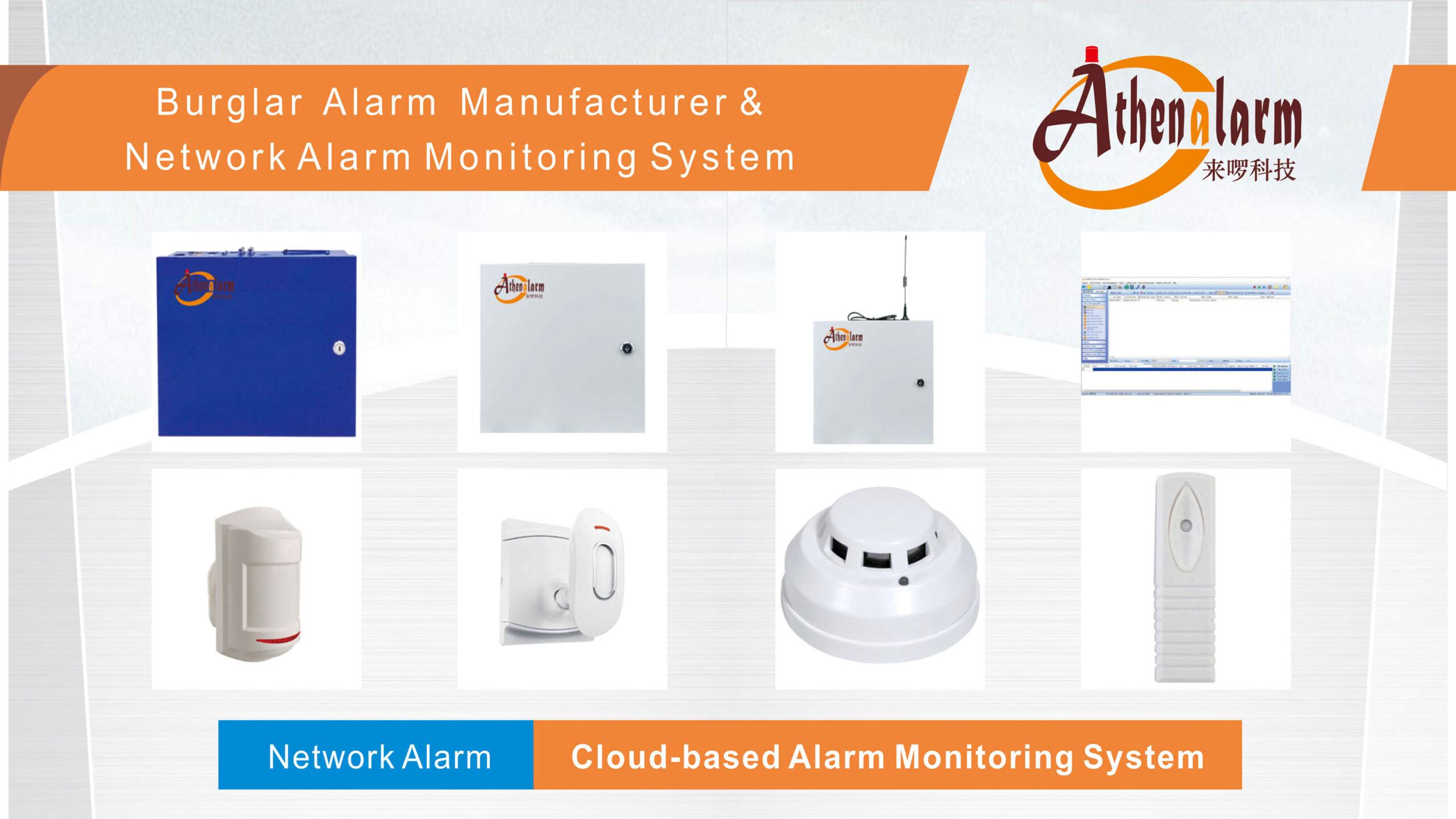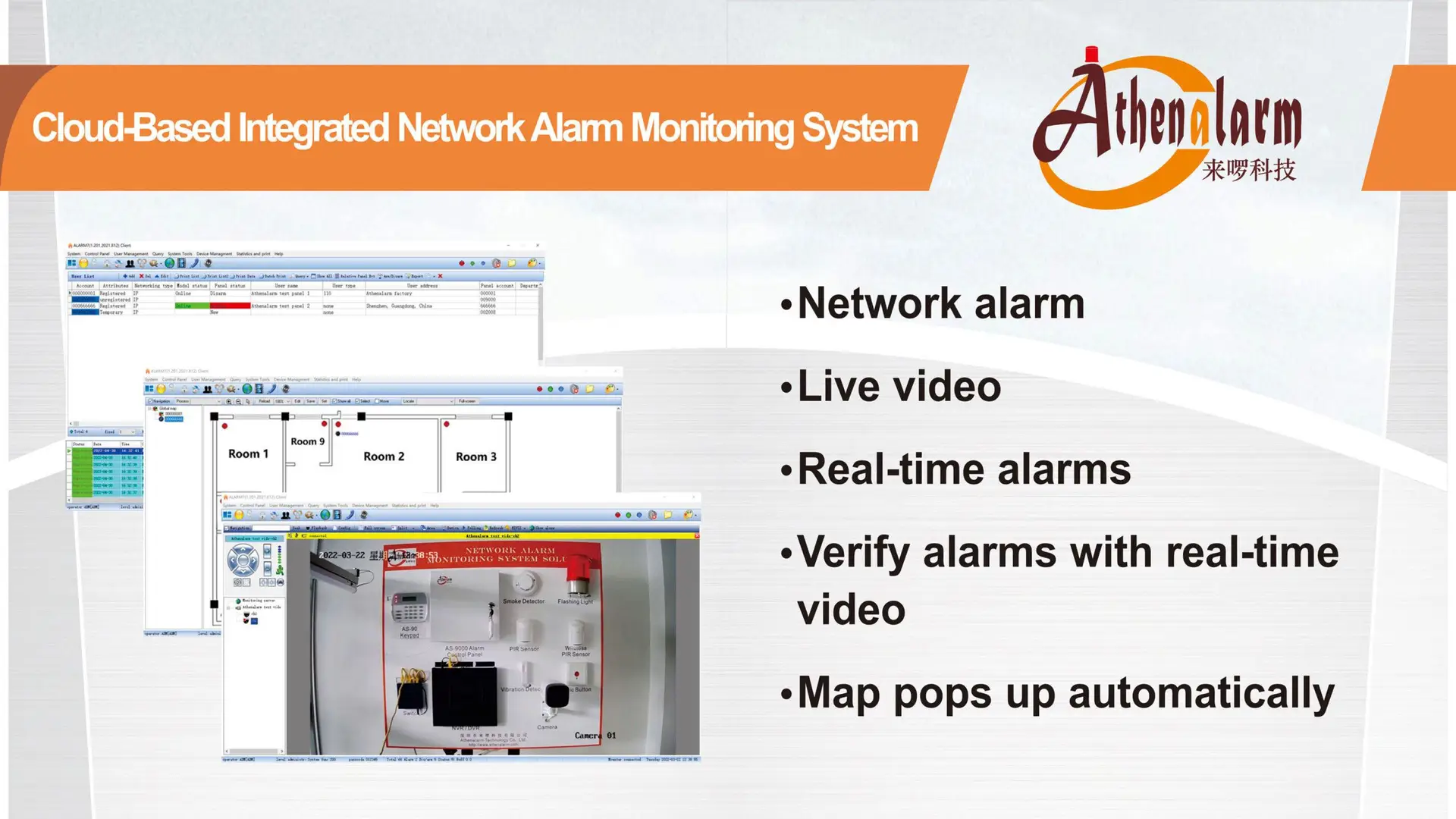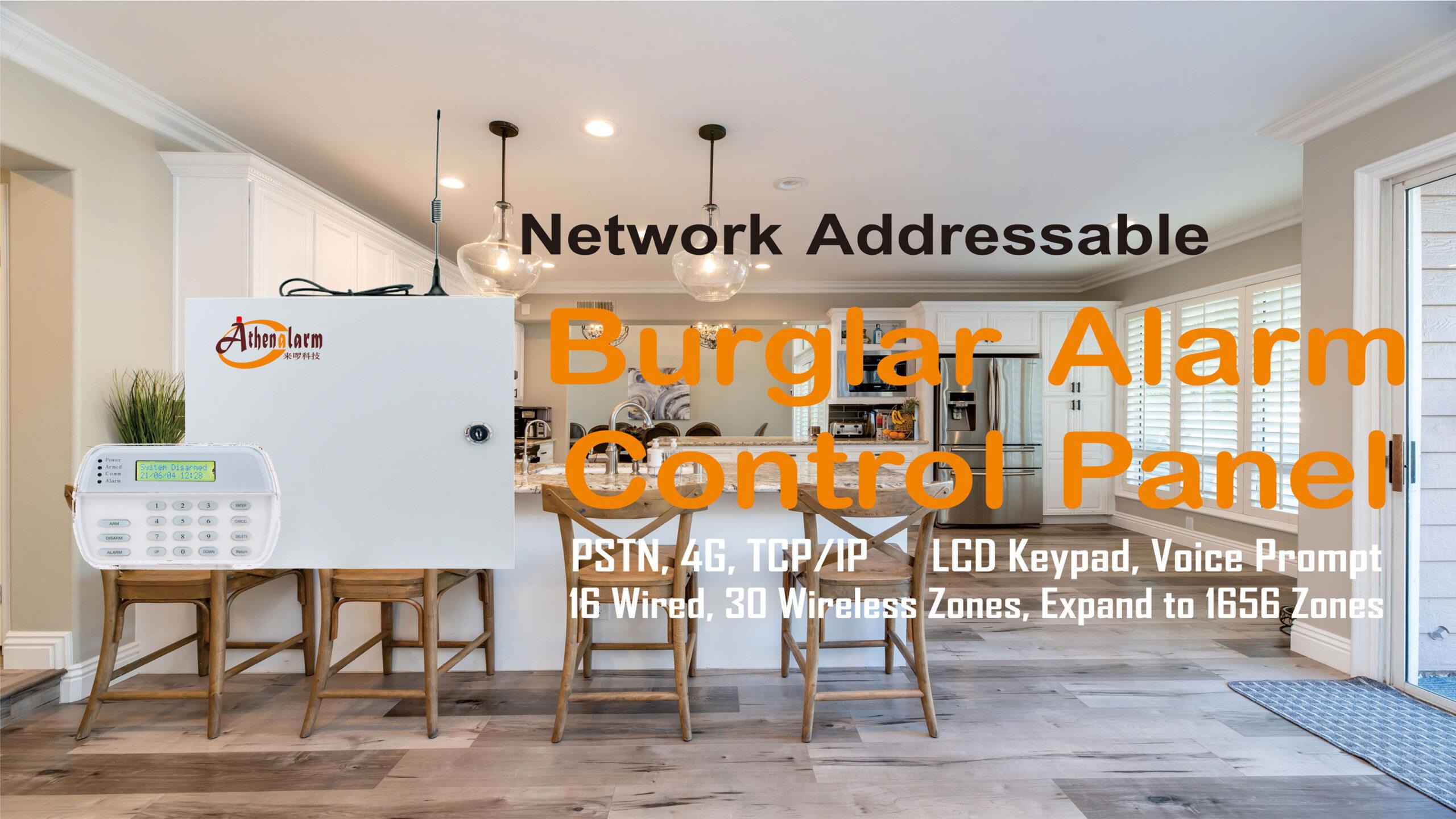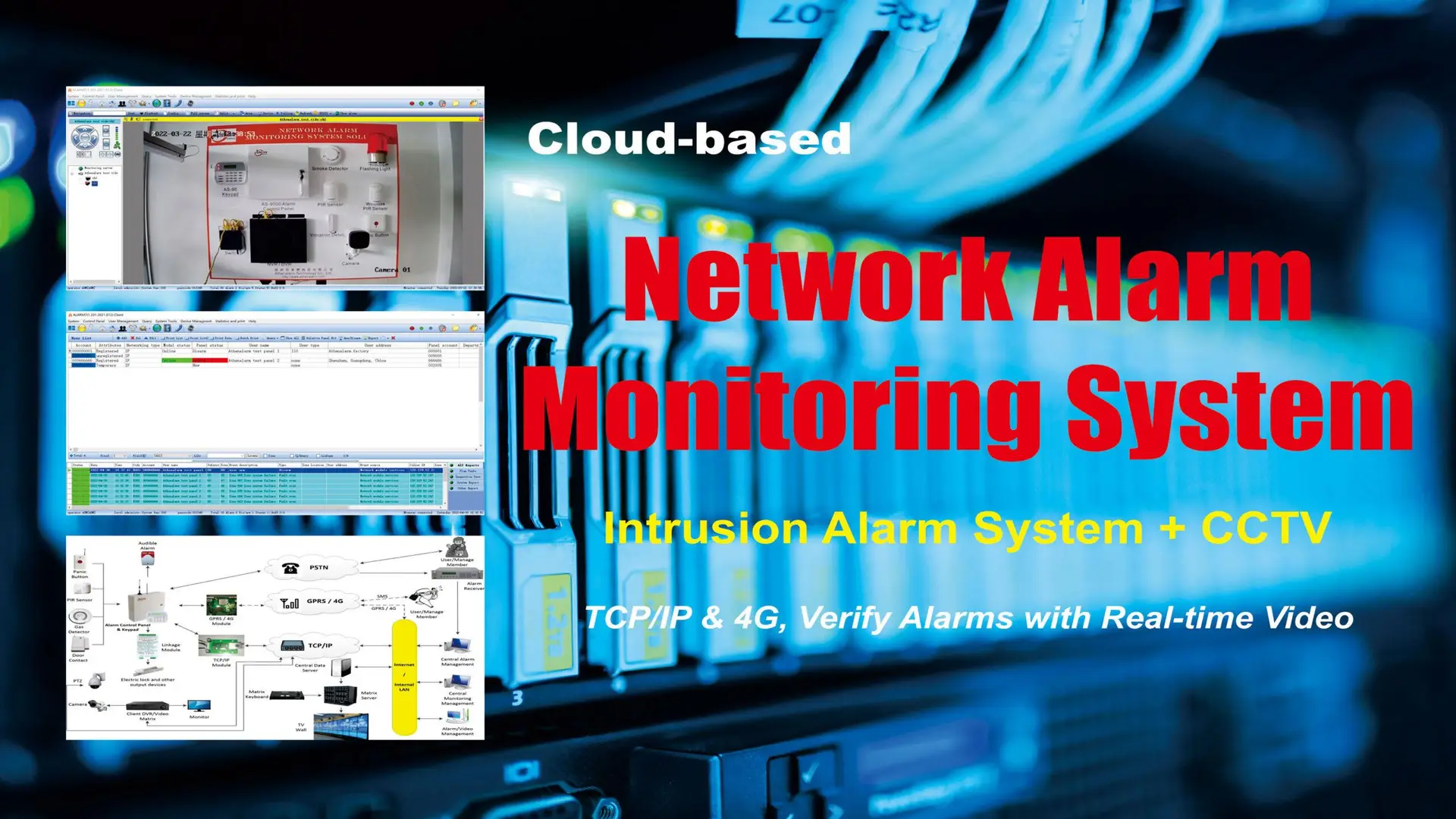



Alarm System: 7 Must-Know Communication Methods for Reliable Security
Table of Contents
Introduction: Why Communication Tech Defines Alarm System Success
In today’s connected landscape, an alarm system’s ability to detect a threat is only as valuable as its ability to communicate that threat effectively. Whether you’re protecting a single retail location or managing multiple corporate facilities, your alarm system must relay alerts reliably and without delay. Choosing the right communication method is not just a technical upgrade—it’s a strategic investment in risk mitigation.
What Is an Alarm System and Why Its Communication Backbone Matters
An alarm system is a critical component of physical security infrastructure, designed to detect unauthorized access, fire, environmental hazards, or equipment failures—and instantly notify the appropriate response teams. However, the real value of an alarm system lies in its communication backbone. Without robust communication technologies, even the most advanced sensors become ineffective. In commercial and industrial applications, this communication reliability becomes mission-critical, often tied directly to regulatory compliance and insurance coverage.
The Strategic Role of Communication in Alarm Systems
Having spent decades in the alarm industry, I can say this unequivocally: communication is the nervous system of every modern alarm system. It connects sensors, control panels, and monitoring centers into a unified response mechanism. In the past, this meant a single copper wire. Today, it’s a web of redundant, digital, and often wireless channels. As legacy infrastructures such as POTS (Plain Old Telephone Service) are retired, security professionals must proactively adapt to emerging standards—or risk critical communication failure.
This article outlines seven essential communication methods you need to consider when designing, upgrading, or maintaining your alarm system infrastructure.
7 Essential Communication Methods for Modern Alarm Systems
Traditional Phone Lines: Aging Yet Occasionally Essential
Still used in some legacy installations, POTS lines transmit alarm signals through copper wiring.
Advantages:
- Stable during power outages.
- Independent of internet or cellular networks.
Disadvantages:
- Actively being phased out by telecom providers.
- Vulnerable to vandalism or environmental damage.
- Incompatible with newer alarm panel features.
Best Use Case: Remote or rural properties still connected to copper networks.
Cellular Communication: The Gold Standard for Modern Alarms
Cellular communication leverages GSM, LTE, or 5G networks to transmit encrypted alerts securely.
Advantages:
- Immune to internet outages and landline failures.
- Compatible with dual-path configurations.
- Highly secure signal encryption.
Disadvantages:
- Dependent on cellular signal strength and backup battery life.
- Requires SIM management and recurring data costs.
Best Use Case: Residential and commercial properties seeking reliability and mobility.
Pro Tip: Validate signal strength on-site during installation and choose carriers accordingly.
VoIP (Voice over Internet Protocol): Budget-Friendly, With Caveats
VoIP-based communication converts alarm data into digital voice packets transmitted over broadband.
Advantages:
- Cost-effective for small businesses.
- Integrates with many legacy alarm panels.
Disadvantages:
- Susceptible to internet and power outages.
- Compression algorithms can disrupt signal integrity.
Best Use Case: Low-risk environments where cost efficiency outweighs communication redundancy.
Recommendation: Always pair with a cellular failover solution if used.
Internet-Based Alarm Monitoring: Smart and Scalable
IP-based monitoring transmits data via DSL, cable, or fiber connections directly to central monitoring stations.
Advantages:
- Enables remote access, mobile apps, and smart home integration.
- Offers real-time alerts and cloud storage capabilities.
Disadvantages:
- 100% dependent on uninterrupted power and stable internet.
- Requires IP-capable alarm hardware.
Best Use Case: Smart homes, offices, and enterprise environments with resilient power infrastructure.
Redundancy Tip: Combine with a cellular or radio backup to ensure uptime.
Wireless Mesh-Radio Systems: Autonomous and Redundant
Mesh-radio communication uses interconnected nodes to send signals between devices without centralized infrastructure.
Advantages:
- Operates independently from telecom networks.
- Self-healing pathways reroute around failed nodes.
- No external monthly fees.
Disadvantages:
- Higher initial cost.
- Requires professional-grade infrastructure.
Best Use Case: Campus environments, critical infrastructure, gated communities.
Analog Radio Systems: Resilience for Remote Sites
These RF-based systems use antennas to broadcast alarm signals over dedicated radio frequencies.
Advantages:
- Fully independent of power grids and networks.
- Exceptionally reliable in geographically isolated zones.
Disadvantages:
- Limited data capacity.
- Requires antenna licensing and maintenance.
Best Use Case: Farms, warehouses, and national parks lacking telecom access.
Testing and Maintenance: Your Final Line of Defense
Regardless of your chosen method, proactive system testing and maintenance are essential.
Monthly Checklist:
- Run a full system test via your panel’s “Test Mode.”
- Check battery backups, especially for VoIP and cellular systems.
- Conduct signal verification with the monitoring station.
- Schedule an annual professional inspection.
Industry Insight: Over 25% of alarm communication failures are due to overlooked testing procedures. Don’t leave system integrity to chance.
Conclusion: Combine Technologies to Maximize Security Uptime
There is no single “perfect” communication solution for all security applications. Instead, the most resilient alarm systems utilize multi-path communication strategies—combining IP, cellular, and radio technologies to create layered redundancy.
Whether you’re designing a system from scratch or retrofitting aging infrastructure, work with certified integrators who understand not just technical specs but also regulatory mandates and risk profiles. An alarm system is only as reliable as the communication methods behind it. Choose wisely, and revisit often.
FAQs
1. What is the most reliable communication method for an alarm system?
Cellular communication, especially when paired with IP or radio backups, offers the best balance of reliability, redundancy, and security.
2. Can VoIP be trusted for alarm systems?
While VoIP is cost-effective, it is prone to signal disruptions. It should never be the sole communication path for mission-critical alarm systems.
3. How often should I test my alarm system’s communication?
At a minimum, monthly. Major upgrades or provider changes should always prompt immediate testing.
4. Is it necessary to combine multiple communication technologies?
Yes. Multi-path systems significantly reduce the risk of communication failure and ensure regulatory compliance.
5. What’s the risk of using only traditional landlines?
Many telecom providers are retiring copper lines, making this method unreliable long-term. Additionally, physical damage or tampering can easily disrupt it.
6. Are internet-based alarm systems secure?
Yes—provided they use encryption, have redundant backups, and reside on secure networks. However, they must always be power-protected.
7. How do wireless mesh systems differ from cellular options?
Mesh networks are decentralized and don’t rely on telecom infrastructure, while cellular systems use external mobile carriers.
8. Is professional installation necessary for analog or mesh radio systems?
Absolutely. These systems require antenna tuning, node configuration, and expert calibration for optimal performance.
9. What is the best solution for remote or off-grid locations?
Analog RF systems or mesh radio networks offer the highest reliability where internet and cellular coverage is minimal.
10. Can I upgrade just the communication part of my existing alarm system?
Yes. Many modern panels support modular upgrades. A qualified integrator can retrofit your system with advanced communication modules.
